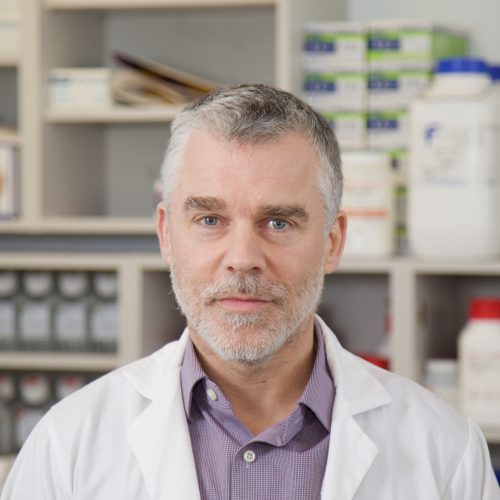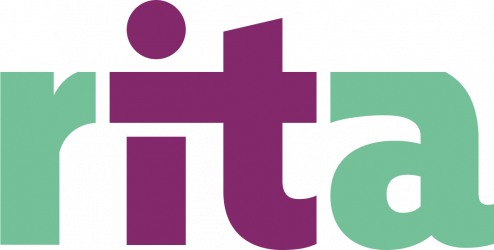
There, CPMS can help in allowing physicians to consult very specialised experts from other countries, sparing their patient the burden of travelling. Prof Mark Little from Tallaght Hospital, Dublin, makes the case with one of his patients for whom the CPMS has made it possible to confirm the diagnosis and prepare for treatment.
The case I’d like to talk about is one of my patients. So, I know her very well, she is 34 years old and suffering from an immune disorder with multiple acquired mutations. Ireland being a small country, with a population of about 5 million inhabitants, we don’t have the specialties required for very rare immune disorders. This patient had been seen by different teams during a period of about 7 years; yet no firm diagnosis was made until quite recently where we came to formulate a diagnosis that looked very unusual. Very rare indeed, and beyond the capacity of the Irish physicians.
CPMS versus travel: a benefit for the patient
Traditionally, before CPMS, we would look for a cross border directive application so the patient could travel and see an expert, usually in the UK … and the issue here is that decisions were required about whether she should be referred for a bone marrow transplant, which is not available in Ireland for non-cancer indications. So normally, this is the procedure, go into a plane and see a specialist in London for further management.
But here we put her case up on CPMS and we involved couple of really expert people from around Europe. Some of the panel members were also members of the Bone Marrow Transplant Service in the UK. This is a very complicated case, with a lot of things to be considered, per pros and cons and this was discussed in a very short time frame.
Critically, we were very careful on how we uploaded the data onto the CPMS, so that all the information was readily available in a structured format within CPMS and, when we had that, the opinion of the experts was provided pretty quickly, within a week or two and they were able to come to a consensus. All the opinions were very similar that we should proceed with a bone marrow transplant and they gave advice on timing and how to prepare the patient for this.
So, this experience shows that a person and a doctor from a small country can access an expert opinion on a very rare condition. And if this patient faces other health conditions that delay the transplant, there is a plan in place for her and a pathway to get this treatment. Ultimately, she will have to travel to the UK for the procedure, but at least, all the preliminary work was done through the CPMS.
How to make CPMS a beneficial experience
I guess this is an important point to make clear: there is an investment required from the person who’s asking for help. There is a requirement to get the data onto the system correctly. One of the messages to get across is that if you take the time, using a structured approach to get the data in a correct format in the CPMS, then the expert team around the table can easily assess on the relevant features of the case. Make it easy for the expert team and you will get a rapid turnaround.
But because CPMS can be difficult to navigate, what often happens is that the request ends up as an upload of a free text essay in a pdf: this does not contain all the necessary information and therefore there is a need of a lot of back and forth between the person loading the data and the experts, who need more detailed information. But for sure, when facing rare difficult cases, this effort is worth it.
